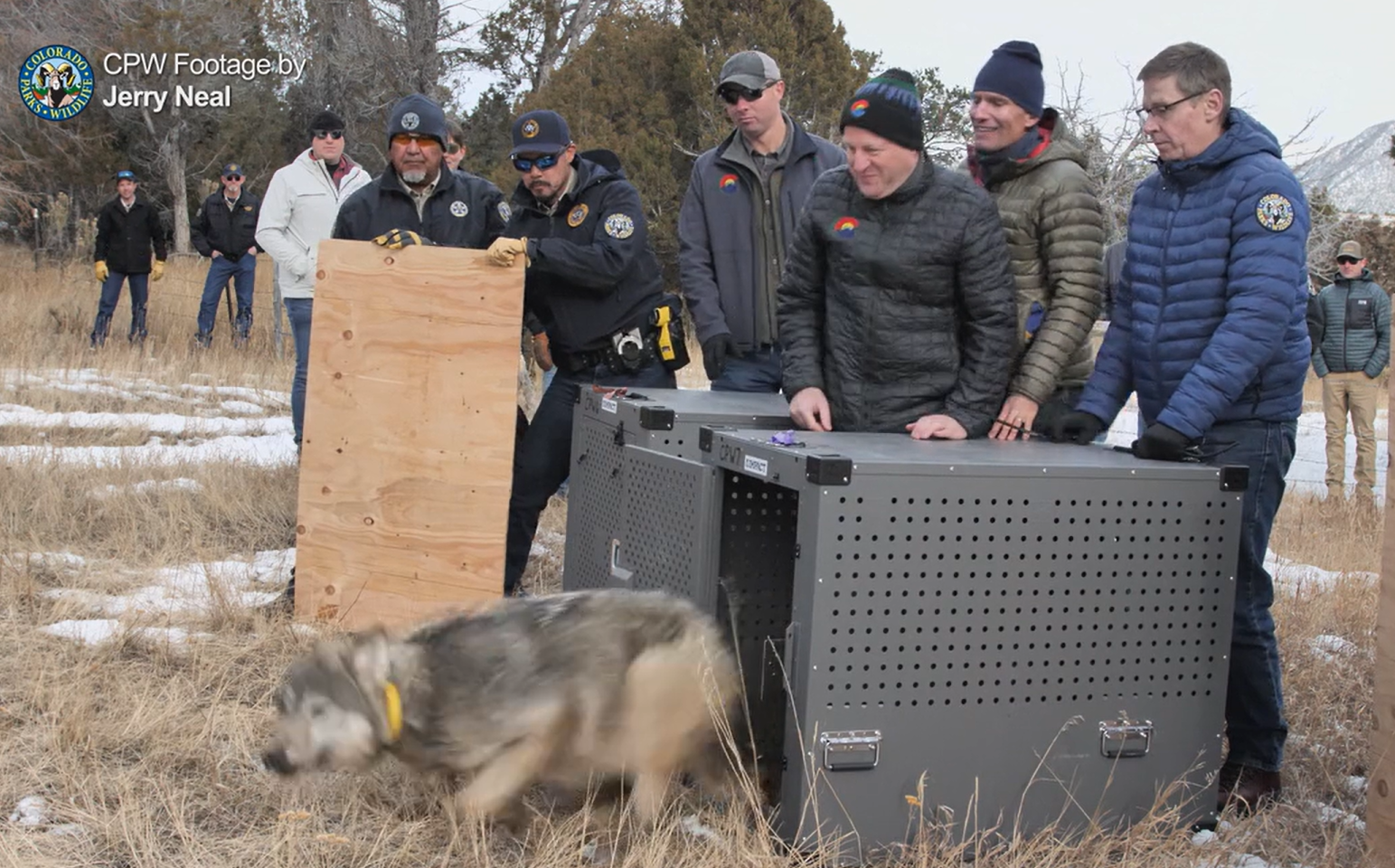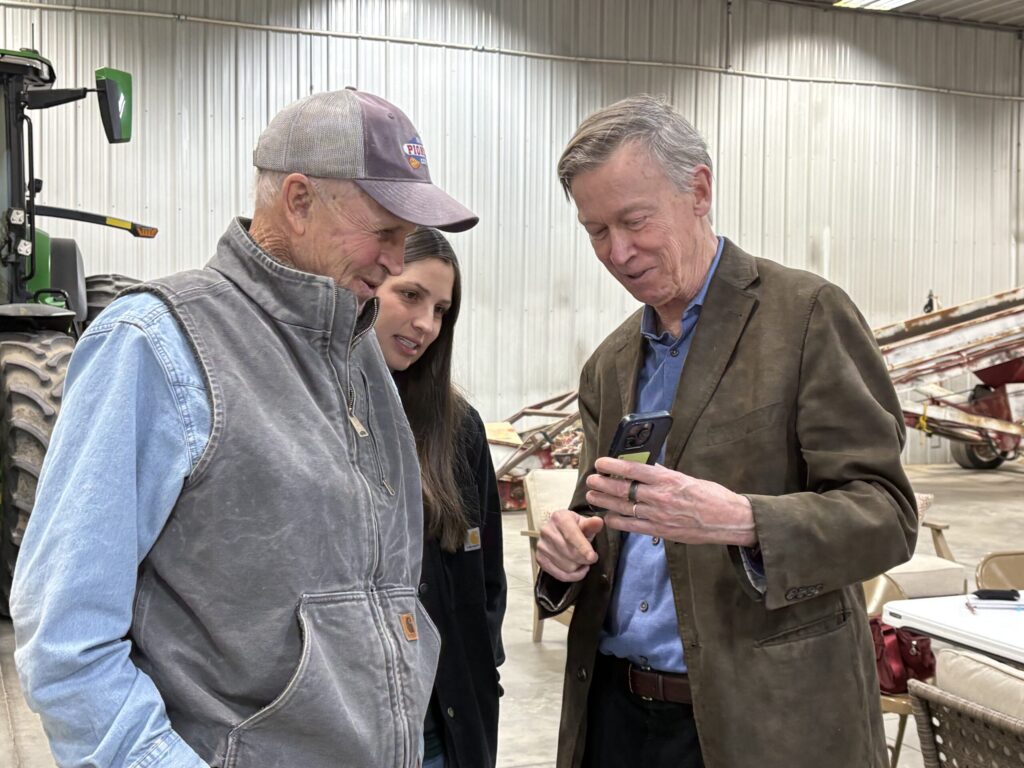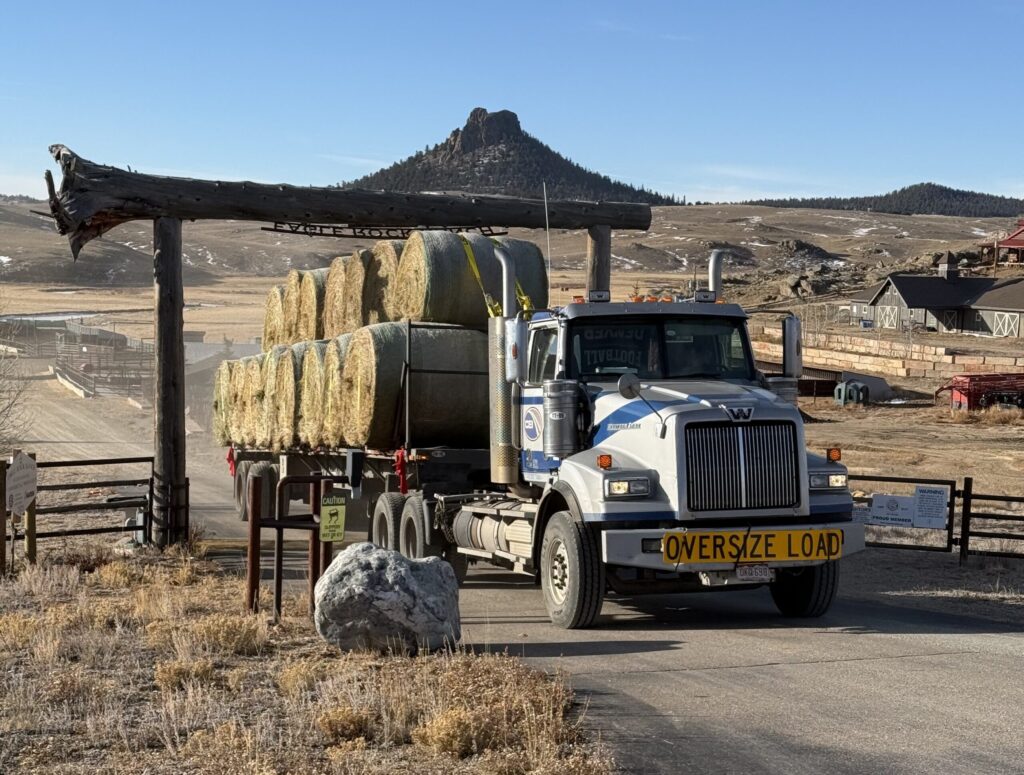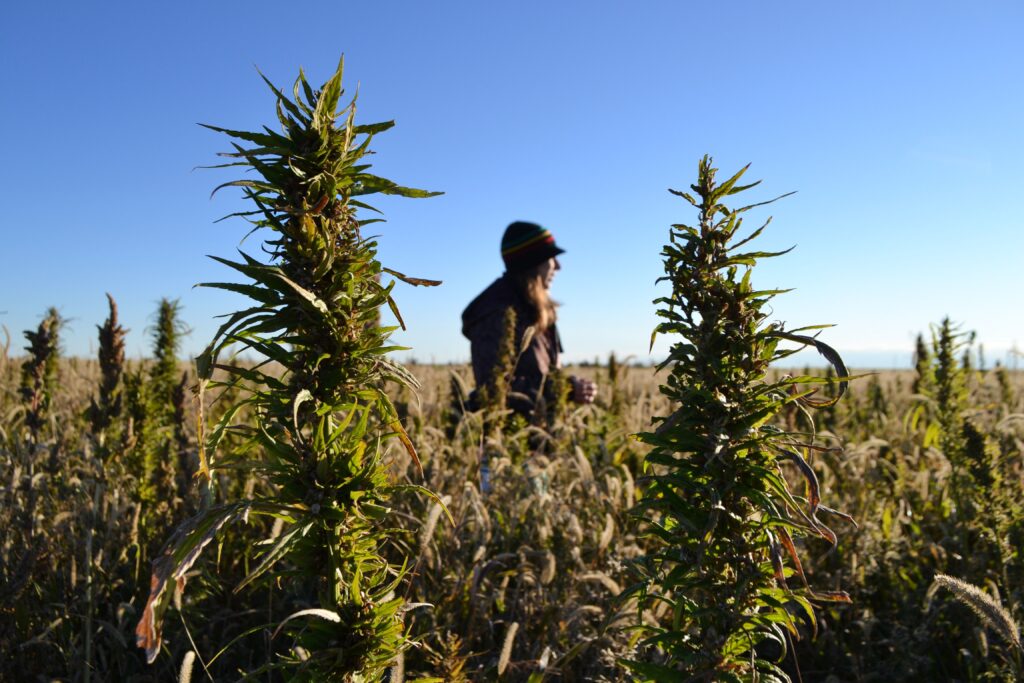New study looks at ‘right to float’ on Colorado waterways

Two new studies from the Common Sense Institute focus on the economic costs of wolf restoration and on what could be an upcoming battle at the state Capitol — the right to float.
That latter is a belief that anyone using a public waterway may also have the right to access private property that runs along it.
The think tank held a forum on Tuesday to discuss both issues, along with a trio of panelists who have a particular interest in both.
Greg Walcher, who headed the Department of Natural Resources under Gov. Bill Owens and one of the authors of the “right to float” study, pointed out that Colorado treats the issue differently than other states. That’s partly because Colorado law dictates land under the water, known as the streambed, belongs to the adjacent landowner.
That also means stream embankments are private, Walcher said.
The study pointed out that wading on private property, which could include anchoring a boat or other floatation device or portaging across private land to access the water, is considered trespassing.
Most large rivers in Colorado are surrounded by public land, so the issue of public access doesn’t arise. It’s the hundreds of smaller streams that cross private land where the issue most often resides.
The issue has divided individuals who recreate in Colorado’s waterways and those who own the land adjacent to those waterways.
That becomes even more important at a time when Colorado is increasingly becoming a recreation economy.
Walcher explained that recreation generates billions of dollars in economic activity, tied to the state’s natural resources, including its bodies of water.
The CSI study is the first of three to look at the issue, one that is expected to surface in the General Assembly next year, and potentially as a ballot measure for 2026.
Public access is fairly well established, Walcher said, which includes the right to use waterways for recreation.
But “floaters continue to push the envelope,” he said, claiming a right to wade also gives people a right to cross private lands.
Were the state to grant that right, it could lead to Colorado being on the hook for billions of dollars in compensation to private landowners, as it would be viewed as a “taking,” a legal term that denotes a seizure of private property by the government.
“I encourage the legislature to leave it alone,” Walcher said. “Anything they do could make it worse.”
It’s been 15 years since lawmakers have tried to legislate the right to float.
In 2010, Rep. Kathleen Curry, D-Gunnison, sponsored House Bill 10-1188, which would have “sharply limited the ability of landowners to press trespassing charges against boaters given certain conditions,” a 2010 white paper from Water Education Colorado said.
“It also would have made it easier to prove a pattern of use that would give commercial rafters legal access to streams that they had traditionally paddled,” the group said.
The bill was watered down to instead study the issue but later failed in the state Senate. Three constitutional ballot measures on the issue, among 20 submitted to the state’s title board, also failed to make it to the ballot that year.
Meanwhile, Erin Karney Spahr, the executive vice president of the Colorado Cattlemen’s Association, noted that agriculture and recreation are the state’s top industries, and family ranches contribute to both.
To state Sen. Byron Pelton, R-Sterling, agriculture and recreation benefit everyone.
Colorado’s wolf restoration program is affecting both, he indicated. The relationship between agriculture and outdoor recreation has been “strained,” he said.
Why is that an issue for an Eastern Plains lawmaker and rancher? Pelton said cattle raised on the Western Slope end up in Eastern Plains feedlots.
The relationship between agriculture and Colorado Parks and Wildlife has been tense since the wolf reintroduction program got underway in December of 2023.
Yuma County cattlemen have “closed their gates” to the state in response to the way the wolf program has been handled, Pelton said.
It’s the top issue of concern for Spahr’s members, she said. Producers recognize that voters approved the restoration program, yet they want what’s best for livestock.
That’s why her group, part of a larger coalition that includes other agricultural organizations and Western Slope county commissioners, have asked the state wildlife agency to pause any further reintroduction until the wolf management plan has been fully implemented.
That would include putting into place management tools that have lagged months after wolves were already released into Western Slope counties, both in 2023 and in early 2025.
“This isn’t only an economic loss (issue),” Spahr said, adding it’s taking a toll on the social and mental health of family ranchers.
Then there’s the issue of the Copper Creek pack, which is responsible for killing livestock in two counties.
“We have to stop protecting bad wolves,” she said, and making sure they aren’t teaching that behavior to other wolves.
“What we’re doing is not sustainable,” she said.
“Range riders” — a group whose job is to track and harass wolves, in the hopes of driving them away and keeping livestock safe — are out 24/7, but with only 15 of them operating statewide, that’s not enough to cover the millions of acres where ranches operate and wolves are preying on livestock.
Pelton pointed to the politicization of the wolf issue, and put the blame squarely on Gov. Jared Polis and his husband, Marlon Reis, an animal rights activist. He also noted Polis’ decisions to put animal rights activists on the CPW Commission, which, he said, perpetuates the governor’s “blatant assault” on agriculture.
“They feel attacked for their way of life,” Pelton said.
That politicization had made it hard for CPW Director Jeff Davis to do his job, Pelton said, while also pointing to the wildlife official’s problems with transparency in the program.
“The governor is setting CPW up to fail,” he added.
CPW employees are fearful, with 40% retiring or expected to leave the agency, Spahr added. Ranchers support staffers who are in the field — it’s the management that is the problem, she said.
The panel, held in Greenwood Village on Tuesday, was moderated by Gazette Executive Editor Vince Bzdek.













